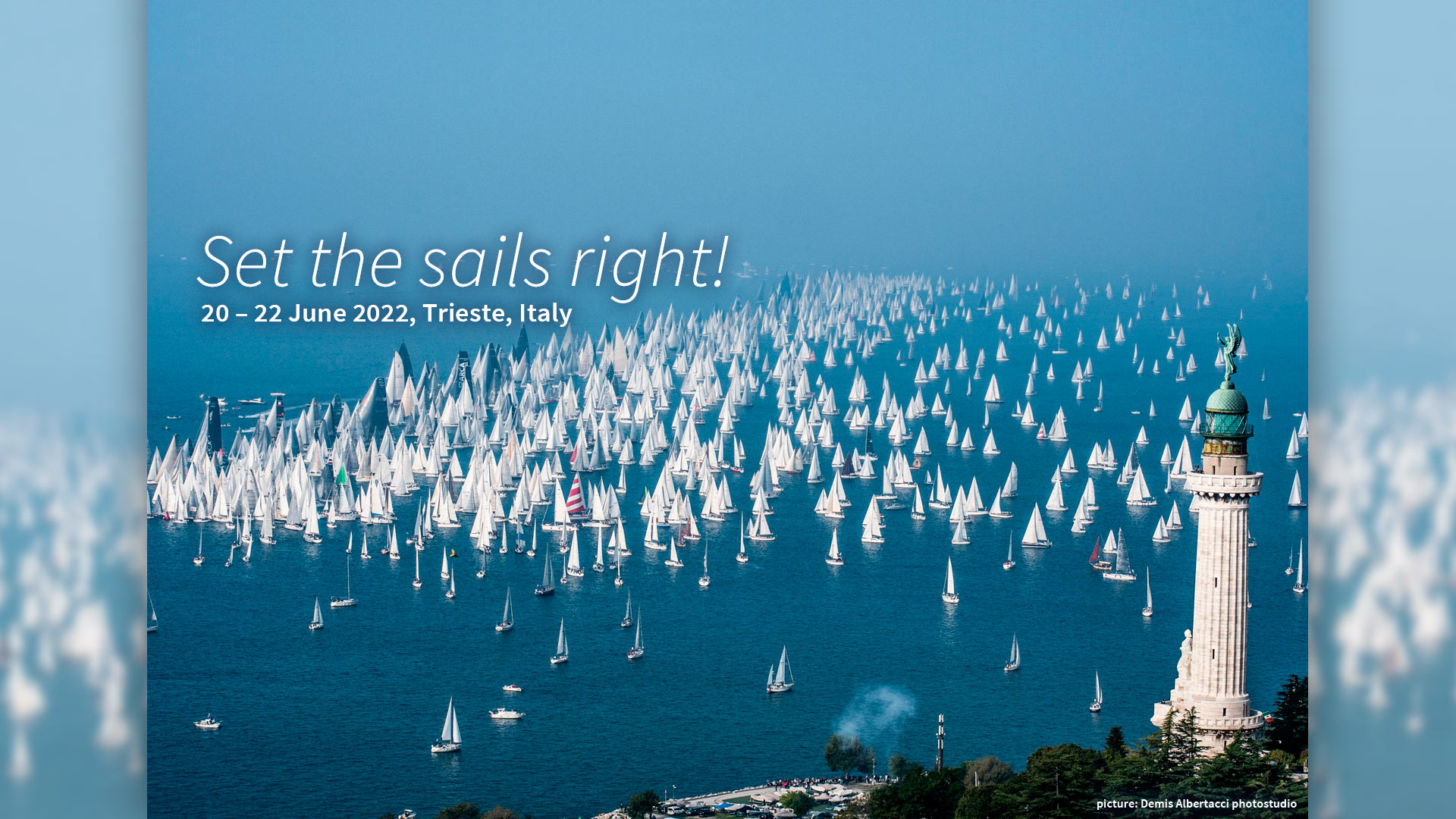Sovereignty and the Internet: a risk of fragmentation
22 Jun 2022 14:45h - 15:55h
Event report
Participants of the session discussed the initiatives that may lead to fragmentation of the Internet and what can be done to avoid it. The moderator, Mr Vittorio Bertola (Open-Xchange AG), reminded the audience that since the very invention and spread of the Internet, different nations have formed a spectrum of regulatory approaches, from an open, liberal model in the US, to a completely closed intranet in North Korea. The question now arises: What path should we choose to make the best use of the Internet today?
Mr Peter Koch (DENIC) said that ‘we’re beyond the point where we say we don’t want any regulation at all’. He argued that regulation is not bad per se, but we must be cautious about side risks. For example, if regulation targets big technology, we need to look how it affects smaller participants and contributors to the Internet infrastructure: ‘As we know, much important core infrastructure is not run by American platforms, but by international and European platforms, in this case, small and medium enterprises’. The subsequent problem here is compliance. By creating more rules and regulations for ‘big dragons’ we do them more favours eventually, since only they can afford armies of lawyers and staff for compliance departments.
Ms Jurgita Miseviciute (Proton AG) also agreed on the necessity of regulation, although it should be balanced. She considers that regulation can foster innovation; providing more choice, it can also address digital sovereignty goals. Regulation for the technological field is a natural development as it was with telecom, finance, and other sectors. The Digital Markets Act, for example, will set a level playing field for many innovative technical challengers to compete with the dominant companies. With the current situation, where a handful of dominant companies are building closed ecosystems, we have more risks for fragmentation than with proper regulation.
Mr Esteve Sanz (Head of Internet Governance Sector, European Commission) voiced the main concerns that the EU has regarding the splinternet. ‘If the Internet gets fragmented, if citizens, if businesses have a different experience when they go online across the globe, then this perception of interconnectedness is lost and then you enter into serious geopolitical conflicts’, said Mr Sanz. On the one hand, some people argue that the internet is already fragmented (along national borders), but, on the other hand, that the core infrastructure is still the same, namely, the TCP/IP and DNS system. Sanz continued that currently some states are pushing for a change in that architecture, for example, new protocols that would not be compatible with the existing protocols. Those states are very committed to this idea and it keeps the EU extremely worried: ‘In the end, this would split the governance of the Internet, because if you have other protocols, you would have new institutions, new bodies, that would deal with those protocols. Then there is really no way back to a one single internet’, warns Sanz.
Secondly, Sanz talked about the European regulatory approach. He stressed that any piece of regulation should be in accordance with the EU Charter of Fundamental rights. ‘This, in terms of creating the common world, a global common denominator for regulating the internet, is very important’. Another main concern is the size of companies affected by the regulation: ‘we want the SMEs, the digital sector, to grow and to have the same possibilities that the big companies have had’.
During the Q&A part of the session, participants discussed other questions related to the topic. One question discussed was whether particular states have the will to avoid internet fragmentation, which actually harms the primary principle of the internet to bring people together and to make them more united and empowered. Another issue brought up was whether European efforts to achieve digital sovereignty contribute to the splinternet; and what principles and commitments should the Global Digital Compact include in order to prevent fragmentation.
For the last question Sanz responded that ‘at the regulatory level, what keeps the internet moving and having a similar experience of openness and empowerment, it is the Human Rights aspect. Thus, the United Nations will have a very important role here’. The Global Digital Compact should embed fundamental rights at the core. As for the new role of the UN Tech Envoy, Sanz considered that he can contribute to the implementation of the digital Human Rights agenda of the UN by making violations visible.
At the end, Koch stressed that we need to avoid having competing, incompatible regulations for the infrastructure. However, he highlighted that it is not clear what to do with those states who have decided to decouple themselves from the internet.
By Ilona Stadnik
Related topics
Related event

